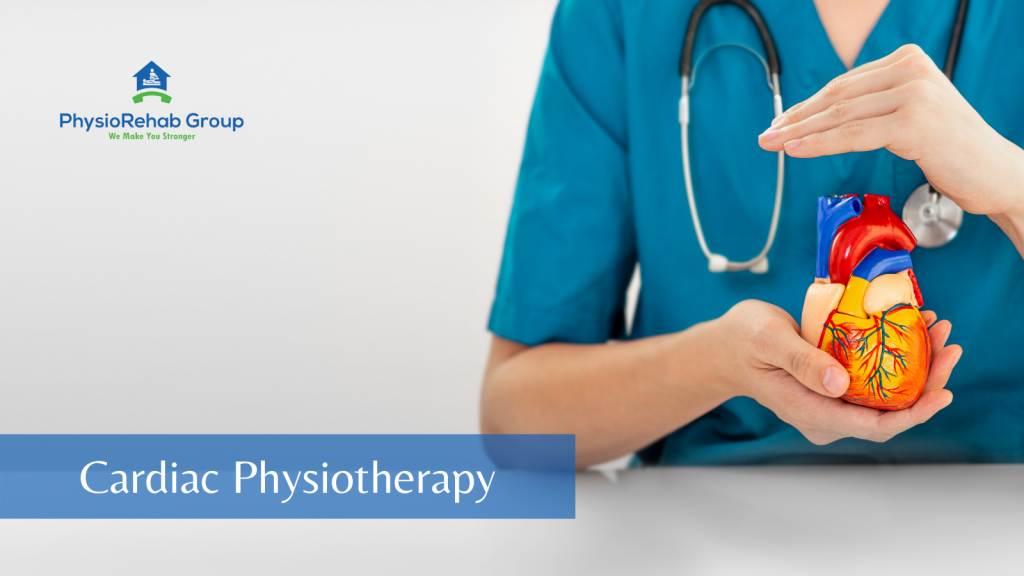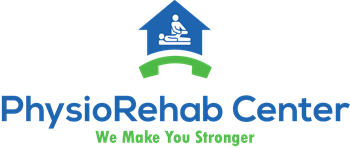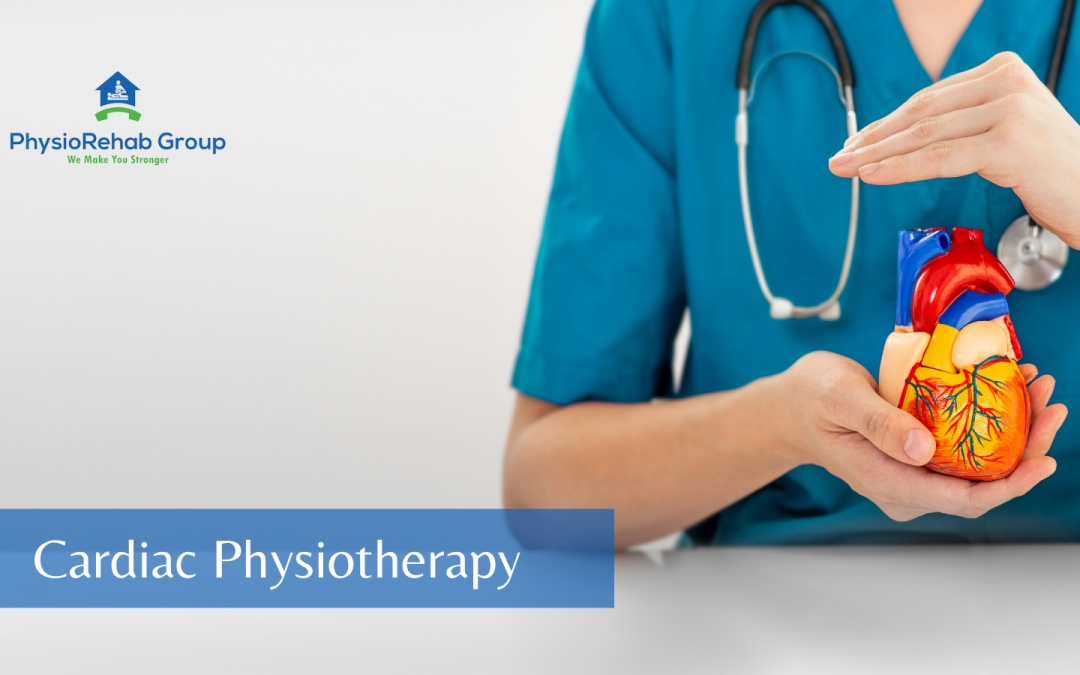
A cardiac physiotherapist is a physiotherapist who cares for clients post cardiac events; angina, heart attack, heart failure or pacemaker insertion. The physiotherapists’ experience is invaluable in the assessment of cardiac patients, as many present with non-cardiac conditions such as arthritis, back pain, joint replacements, stroke and respiratory problems.
In the area of prevention the cardiac physiotherapist is in a good position to test and prescribe an exercise regime for you to help control blood pressure, cholesterol and weight management.
This enables the physiotherapist to optimize your performance by assessing both your exercise capacity through exercise testing and mobility. In the assessment of mobility exercises can be adjusted to suit your mobility limitations.
Around half of patients with heart disease have additional health problems, with approximately 30% suffering back pain and arthritis, 21% diabetes, and a further 16% having respiratory disease including asthma.
The cardiac physiotherapist will assess each aspect of your functioning; strength, joint motion, respiratory capacity and endurance to enable you to perform an exercise regime that will reduce your risk of a further or an initial cardiac event.
What does a cardiac physiotherapist do?
It helps heart patients get back on their feet, physically and emotionally, through exercise, education, and support.
What is heart Physical Therapy?
Cardiac rehabilitation, also called cardiac rehab, is a customized ś program of exercise and education. The program is designed to help you improve your health and recover from a heart attack, other forms of heart disease or surgery to treat heart disease.
What are the exercises for cardiac rehab?
Riding a stationary bike, walking on a treadmill, and resistance training (working with weights) are types of exercise you may do during cardiac rehabilitation (rehab). You will likely do aerobic exercise, strength training, and flexibility exercises.
Who is it for?
Cardiac rehabilitation is most often offered to people who have had a heart
attack, coronary angioplasty, or bypass surgery. It can also be helpful if you’ve had stable heart failure, stable angina, cardiomyopathy or congenital heart disease.
Even if you’ve only had a brief stay in hospital after a heart attack or angioplasty and are feeling well, it’s still useful to attend rehab, to learn how to manage your condition in the long term and how to reduce your risks as much as you can.
A good cardiac rehabilitation programme should always consider what your individual needs are, how those can be met and how you can enjoy the best possible health in the future.
What does it include?
The main aspects of cardiac rehab are reducing your risk factors, protecting your heart and long-term management of your condition.
This includes ways that you can improve your lifestyle, such as diet, and stopping smoking and physical activity – usually there will be exercise sessions you can take part in, with experts to keep an eye on you.
There should also be support for your broader wellbeing, including assessment of anxiety or depression, tips for dealing with stress, and information on other sources of help. Other topics that may be covered are practical issues such as driving, returning to work, holidays, and what to do in an emergency.
Many people get lots of other positive things out of attending cardiac rehab. This might include feeling more confident about exercise, returning to work, or other aspects of normal life; realizing you are not alone in your situation; meeting other people in a similar situation who can provide support; and finding support for partners or carers.
Reach out to PhysioRehab Group today to discuss how Physiotherapy can benefit you. We can be a valuable part to keep your heart healthy!


Recent Comments